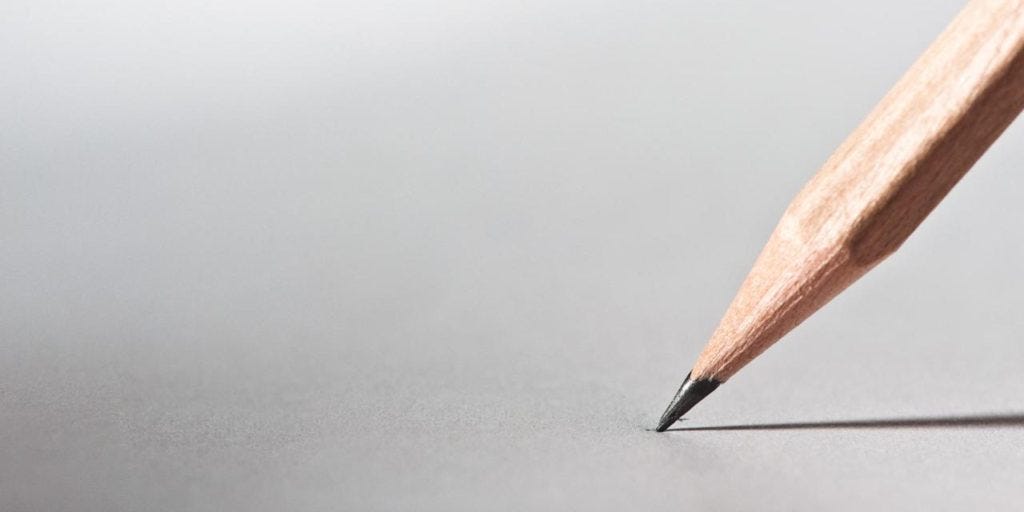Why Journalists Should Never Jump to Conclusions
The COVID-19 pandemic is the perfect example why journalists need to keep gathering evidence.
If there's one thing I've learned from my years of newspaper reporting, it's this: Be careful about jumping to conclusions. There's always the chance that new information will turn up and, thus, require the re-examination of an issue.
There is no better example than COVID-19, in which we know more about the virus than we did when the pandemic first started. We have more information about how it most likely spreads (aerosol and large droplet methods are more likely than surface contact), who is most likely going to be affected (the elderly more than children) and in what situations measures are needed (more likely at indoor, crowded locations, but less likely at outdoor locations, particularly when people are spread out).
This brings me to the question about how COVID-19 originated, and the discussion about the "lab leak" theory, which is an area in which many journalists failed.
The failure of many in the mainstream media is that they were quick to outright dismiss the theory that the virus originated in a lab, when plenty of scientists saw it as a possibility that merited further investigation.
To be sure, the "lab leak" theory doesn't mean that scientists in China tried to create a biological weapon. However, it's possible that they were doing research about viruses and pandemics, but because of inadequate safety measures, the end result was a new viral strain escaping the lab.
This possibility doesn't mean scientists intended to create a pandemic, but it does mean that if somebody made a mistake that led to the situation, to ask the question as to who is ultimately accountable for the pandemic getting worse.
But this isn't what a lot of journalists did. They quickly dismissed the "lab leak" theory as conspiracy and highlighted scientists who had their doubts about the theory, while ignoring those who indicated that, while they weren't positive about a “lab leak,” they wouldn't rule it out.
The theory that seemed to get the biggest push was COVID-19 originated from bats, with another theory that it originated in a "wet market," which somehow morphed into the claim that people in China were eating bats. But how many journalists were claiming those ideas to be conspiracy theories?
I've talked about how many younger journalists come from the same elite circles. One problem with the elite is that they tend to believe that experts must always be trusted. They forget that experts are human beings and, while they may have more knowledge on a subject, they don't always get it right.
But this is where journalists need to remember that, because we are all human beings, that we shouldn't be quick to tout one theory while dismissing another as conspiracy. And when it comes to elite journalists, I wonder if they fell into the trap of believing scientists are experts and, because they are, they can't possibly make a mistake.
Or, as some have suggested, perhaps they were quick to dismiss the theory because it was one that those who were critical of China's policies, and American policies that are favorable to China, were more likely to push.
True, those people likely did push that theory for political reasons. However, journalists dismissing the theory does not mean they are doing it in pursuit of the truth, but in pursuit of political reasons against "lab leak" advocates. That's not how one pursues the truth -- you pursue it by continuing to gather evidence, even if the evidence goes against your political beliefs.
Journalists, regardless of their political viewpoints, need to remember that no possibility can be dismissed, until all evidence is gathered and it points to the most likely possibility. The various theories all came about at the start of the pandemic, and there was little evidence gathered, which means that there can be no "conspiracy theory" until more evidence is gathered.
We still don't have a clear answer as to how COVID-19 originated, but we have more evidence as to what may be the likely explanation. But because certain journalists waved a dismissive hand at the "lab leak" theory, and now that theory is gaining more traction, certain journalists have lost trust with the general public.
This is why no journalist should jump to conclusions when evidence is still being gathered. Drawing a conclusion, or dismissing something outright, before all evidence is gathered, is how a journalist loses trust.



